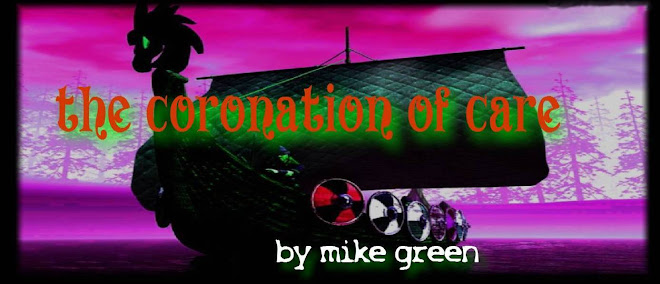"Posteriori: Knowledge derived from experience."
"Philosophy 100 essential thinkers," Philip Stokes, enchanted lions books, 2003

Empiricism is a branch of philosophy based on questioning everything that you have taken to be true and holding it up to the test of your experienced reality. It discusses the difference between "Faith" and "Evidence."
Everything that you have been told or read about is separate knowledge than what you experience directly. You have to take a certain amount of faith in the source of that knowledge in order to rationalize and accept it. When you experience something directly, through your senses, then you do not have to apply any faith, you simply accept your experience as Reality.
If what you have learned by faith has proven true by experience, then your faith in that source of information will grow. If your experience teaches you something which contradicts what you have learned previously, then you tend to lose faith in whatever that was that taught you before.

The most dangerous things in our reality are things which give us an experience that we can accept in our minds as truth, but which serve negative agendas.

It is our function as human beings to be discriminatory towards all the objects in our lives. We have to first learn things, then experience them to know if they are true, then live in the results of that experience and build a better future for ourselves and our youth. This is the progressive cycle.
The Challenge:
What do you know by experience? What do you hope for? What do you want?
We have many 'dreams' and 'hopes', it's our natural human state to do so, but how many of those does reality back up? Does your country really have your best interest in mind? Do you have the real Freedom to live your dreams regardless of your race, color, or creed? Are you cool and strong because of your shoes? or your political zeal? Can you be a superhero? You'll never know without experiencing first hand.

Find a principle which you have learned to be true since you were a child and commit to experiencing it, because through action and experience we will all come to define what is really Truth.







3 comments:
There is folly within the idea of Empiricism, in that it cannot tell you exactly what you choose to accept as truth. An experience of any nature is only as true as the individuals perception to accept it.
For instance, a baby can "sense" danger around her and react accordingly in a realistic manner, yet her world is totally based on undefined RATIONAL thought. Other animals base their perception of reality on RATIONALIZATION of emotions and not so much by prior or even contemplated ideas and experiences.
My point is that, Empiricism, seems to be a cheap way of taking the essentials away from logical acceptance. We should never believe in just anything that anyone tells us, BUT we as humans have a lack of perceptional skills to really define anything to be true or not true!
THIS IS WHY WE CAN'T PROVE GOD!!!!
"EMPIRICISM" DOES NOT ALLOW SPIRITUAL HOPE.
I think above anything, an experience only tells us about our own nature of interaction in the situation, and not anything more or less than that. The philosophy of Empiricism is liken to the philosophy of cowards and people much like David Hume, John Locke, or Frances Bacon.
The construct of it's philosophy is irrational and agnostic!
GOD ISN'T AN EMPIRICIST!!!!!!!!!!!
"An Experience of any nature is only [as] true as the individuals perception to[or can] accept it."
If you experience something through site, like steaming water, then through touch, it would burn, would you then be able to say that when your eyes see this(steaming water) it will be hot to touch?
This idea is my point on Empiricism: That you learn to trust one source of information because it is proven true by a second source of information.
The question is:
What have we(humanity) learned to trust through corrupted sensory input.
Example: Norman Rockwell paintings gave an image of an ideal family, something that '50s generation people accepted as "normal." As we know, experience taught them that those paintings were nothing but dreams, not reality. This is why, I suppose, Plato considered art to be on the bottum of the totempole of "Knowledge"
So how else have you been lied to?
I've read your view on Empiricism before in Modern Philosophy books. Man today questions the reality of sense perceptions, and also questions the idea of an "Ultimate Truth" which can be observed and experienced equally by all human-kind through our relations to our own sensory imput.
I find this train of thought to be cumbersome and awkward, I would rather that you go back to the original idea of Empiricism, before it was segmented into Pragmaticism, Relativism, and a few more -isms. Because that's what I did when I wrote this.
Oh, and I was hoping you could expound a bit on animals rationalizing emotions, I don't quite understand what you meant.
Thanks
Post a Comment